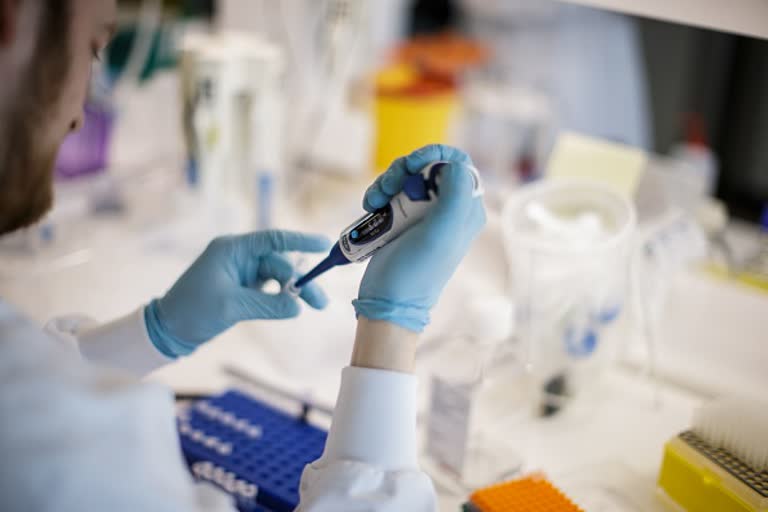Mumbai: Despite having one of the largest universal immunization programmes (UIPs), lack of cold chain may prove to be one of the biggest challenges for India in COVID-19 vaccine distribution, a foreign brokerage said on Wednesday.
The cold chain market with 37 million tonne capacity is very fragmented in India, and the country does not have a single cold chain operator with a capacity of over 5,000 tonne, analysts at Bofa Securities said adding very few of the 3,500 companies are 'pharma-compliant' as per WHO norms.
"India's struggle with cold chain for COVID-19 vaccine stems from the fact that despite one of the large cold chain capacities in the world, there are not many large participants,” they said.
It can be noted that India runs the widely successful polio immunization programme, where the vaccine is transported in temperatures ranging from 2-8 degrees Celsius and there is a dedicated cold chain, which is likely to be repurposed for the COVID-19 vaccine.
However, the brokerage said the quantum of work is 16 times more than the 600 million doses under the UIP.
The brokerage estimated the cost of transporting a single vaccine at around Rs 600 and assuming that up to 400 million Indians are to be vaccinated, the overall logistics market comes at Rs 21,000 crore.
Read more: Indian market has 'massive' potential: RB CEO Narasimhan
However, the biggest stumbling block for investment activity is the uncertainty over which of the vaccine candidates gets approved.
For overall 400 million doses forecast, India may need 30,000 tonne of transportation capacity which is about 11,500 vehicles, it said, adding as of 2018, India had 12,800 such vehicles.
Pfizer's and Moderna's mRNA vaccines need extreme cold temperatures for stability whereas the one from AstraZeneca (AZN)/Oxford can be stored, transported and handled at standard refrigerated conditions between 2-8 degrees Celsius, it said, adding India does not have any facilities at all for transporting vaccines at ultra-low temperatures like -80 degrees Celsius required for the Pfizer vaccine.
There is also less visibility on future use of capacity which makes private players question return on investment (ROI) on such exercise, the analysts said, adding many private companies are waiting for clear directives from government and pharma companies.
Manufacturing is likely to be concentrated in Ahmedabad (Cadila), Pune (Serum), Hyderabad (Bharat Biotech, Biological E, Dr Reddy's) and Telangana (Aurobindo), it said.
(PTI Report)



